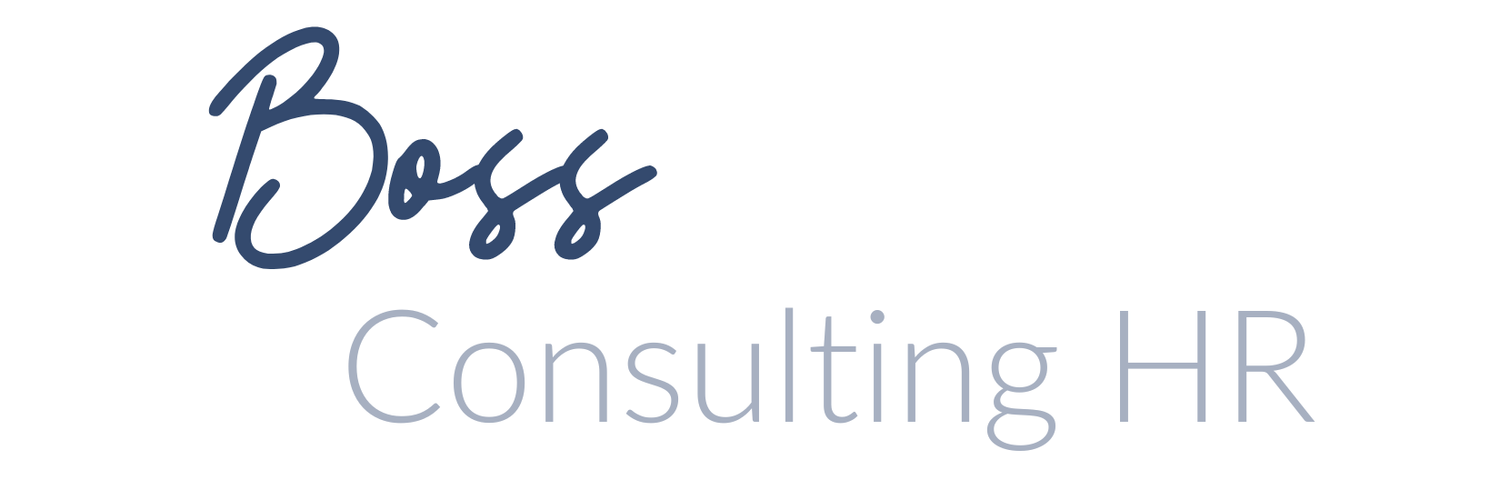The Ghosting Effect
I shared a post on Linkedin the other day from Elisa Emeritz, Director of Talent Acquisition at Infinity Consulting Solutions where she shared an email that she sent to a candidate that read:
Dear Candidate,
Not sure if you remember me, you interviewed with me back in February of last year. You did very well on the initial phone interview and we moved you on to an in-person interview with the regional director of our office. We spoke, and you were scheduled for an onsite. I sent the confirmation to you via email. I also texted the confirmation. The day before the interview I texted to check in. No reply. I texted the day of. No reply again. Not surprising, you did not show for the interview. You did not answer my calls or texts or emails to explain why.
Yesterday you sent through an application for a similar role in the same office. I just wanted to write a quick note so you understand why I am not calling you for this role even though your background would make you a great fit. In the future you should consider not ghosting on interviews, and just send a quick explanation as to why you are not interested in moving forward.
Best of luck in your job search.
This my friends is the exact feeling everyone in HR has about ghosting. I still haven’t figured out exactly why candidates (young and older) ghost on interviews. What I do know is that candidates have an opportunity to stand out amongst all the ghosting by following the advice of their parents when it comes to interviewing (see What Would Your Parents Do?).
What ghosting does is burn a bridge, a massively essentially for commerce bridge. I think that candidates sometimes believe that they are untouchable and that their world is a lot larger than it actually is, however the reality is that you never know who you may need to connect to in order to get the leg up. An old contact could be your key to looking good for an employer or could be the one that makes the hiring decisions at the company of your dreams. The second you ghost someone or resign without notice, you’ve set that essential career bridge into a big ball of fire.
Moral of this story is, learn to be an adult. Have difficult conversations because those difficult conversations could be the foundation for an essential career connection.

